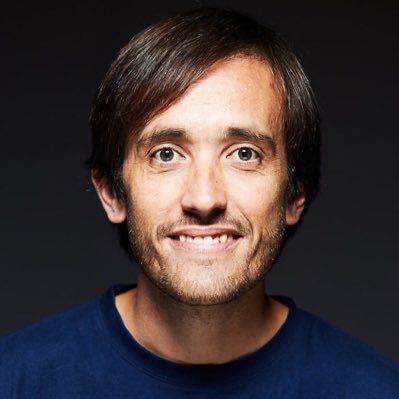209 reads
WOPR is Coming to Uruguay!
by
September 16th, 2022
Audio Presented by

CCO at AbstractaUS, co-founder, PhD in #testing, author (book and blog: http://federico-toledo.com)
Story's Credibility

About Author
CCO at AbstractaUS, co-founder, PhD in #testing, author (book and blog: http://federico-toledo.com)
